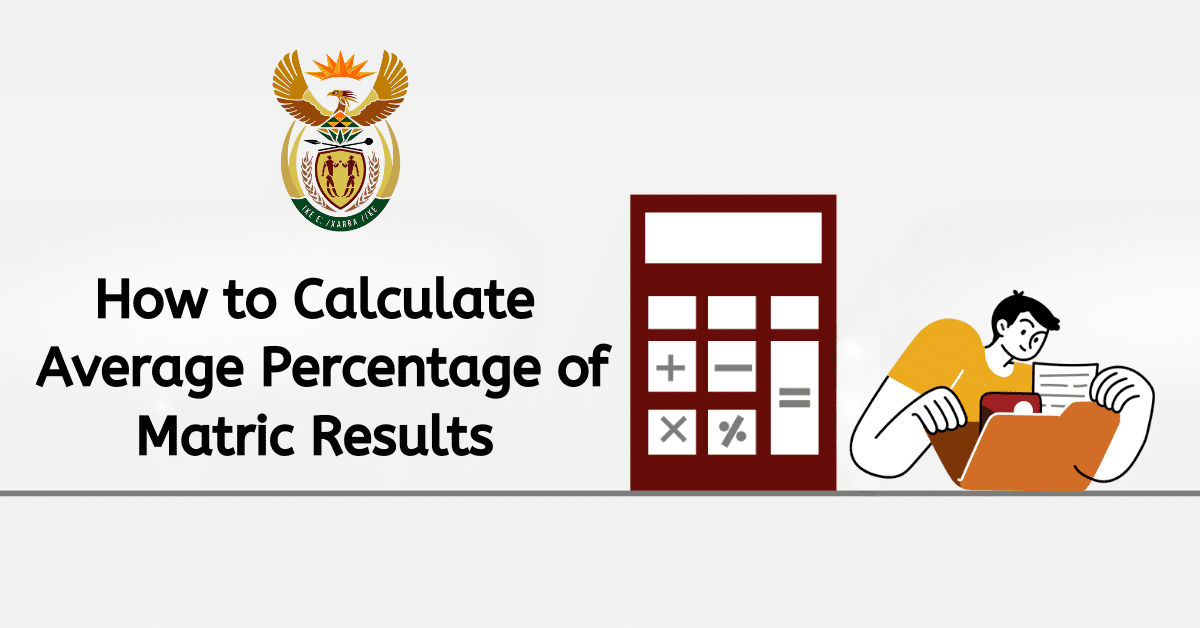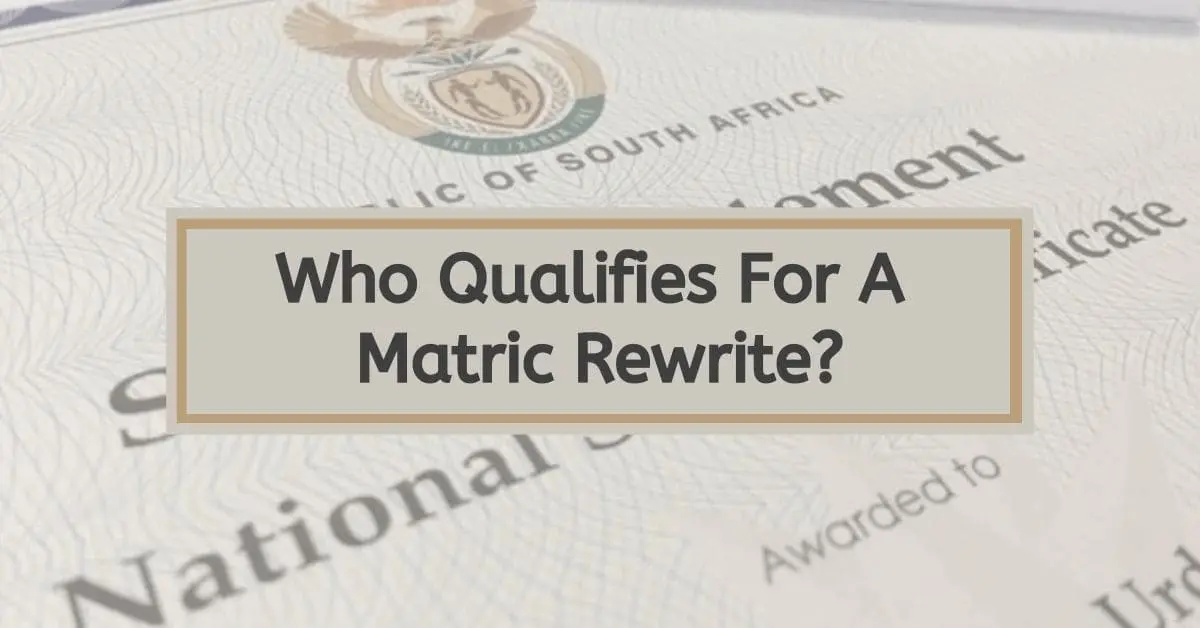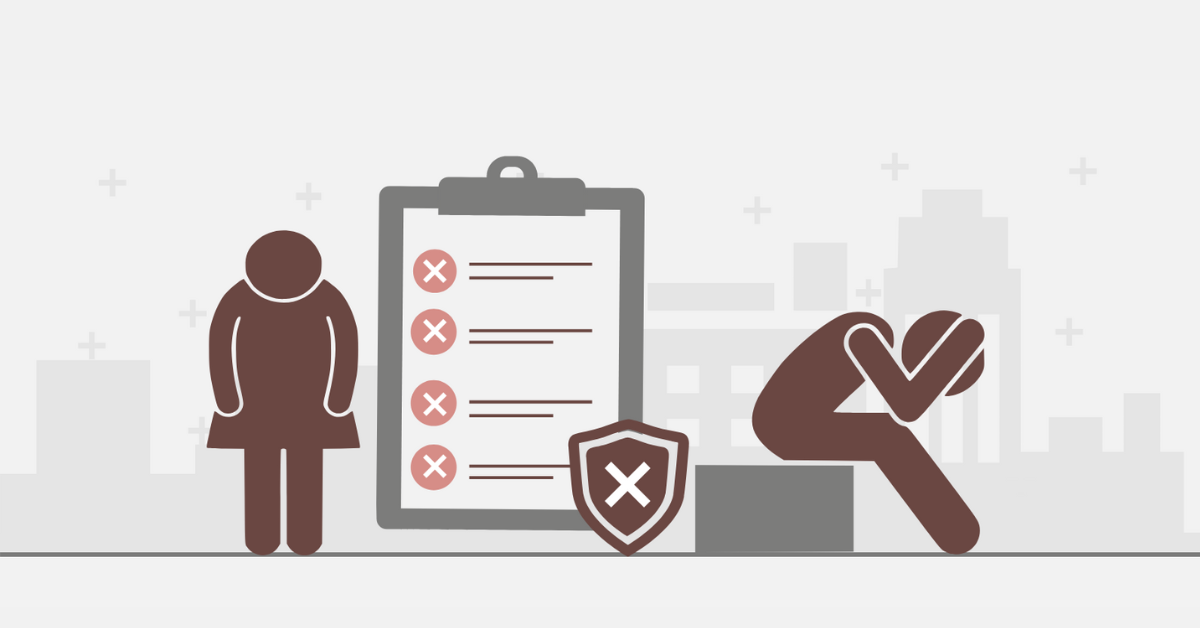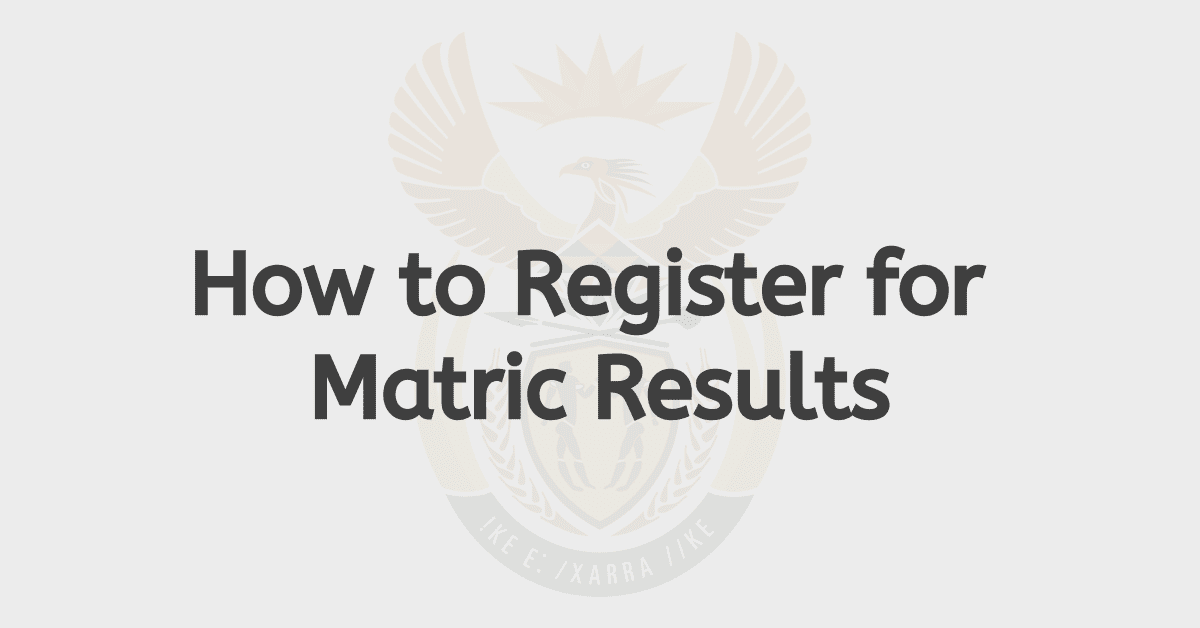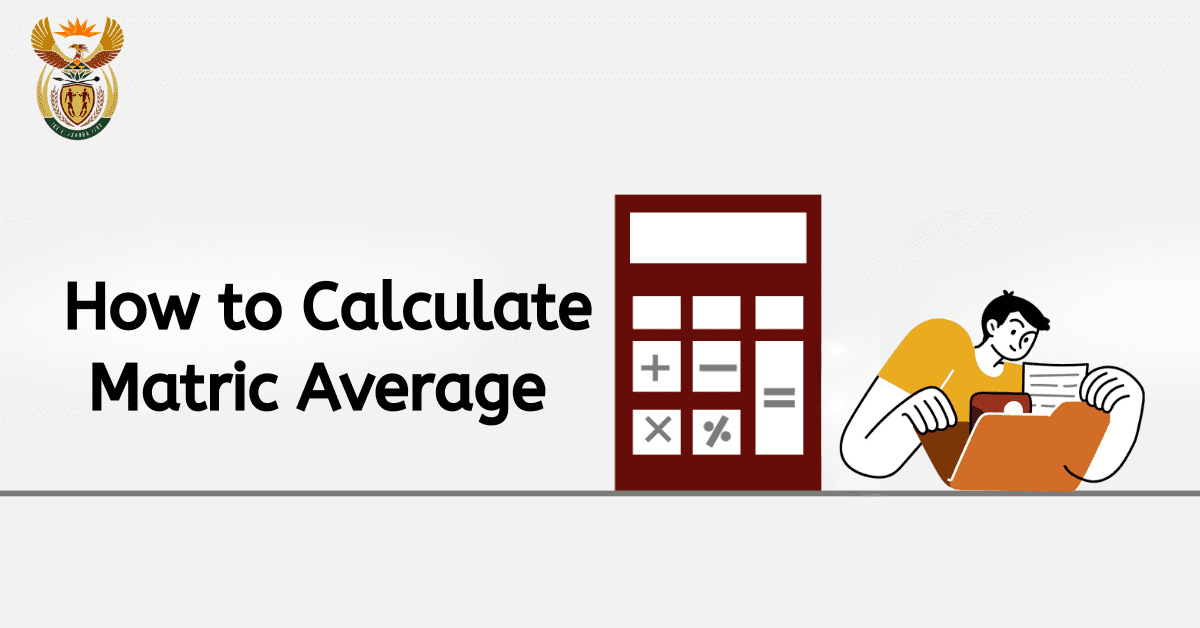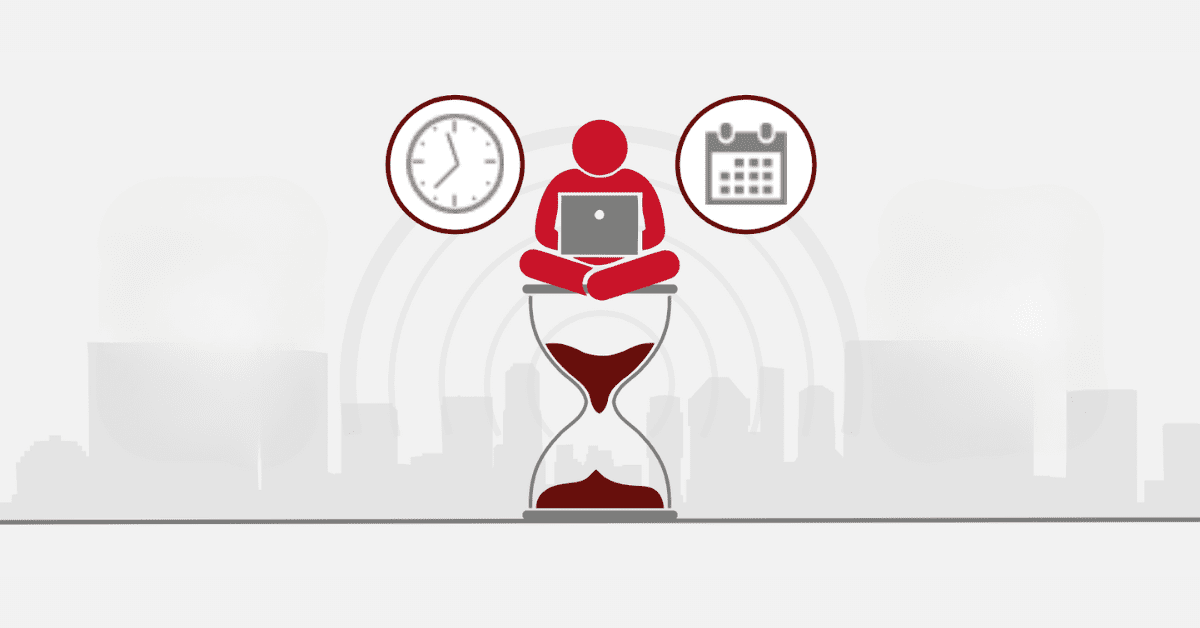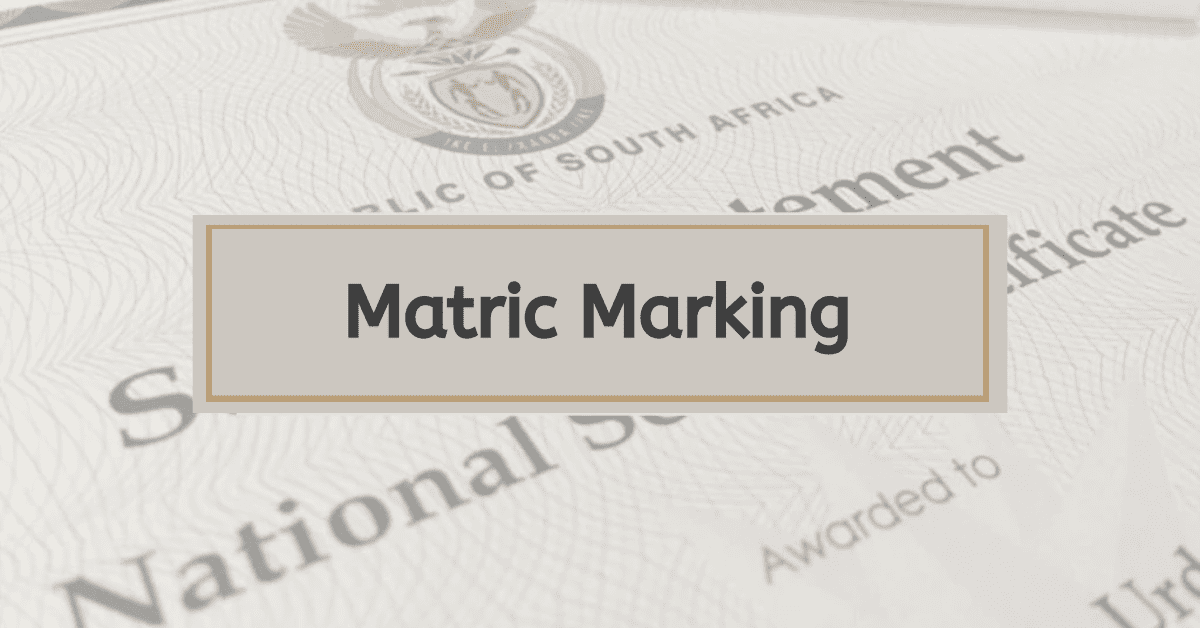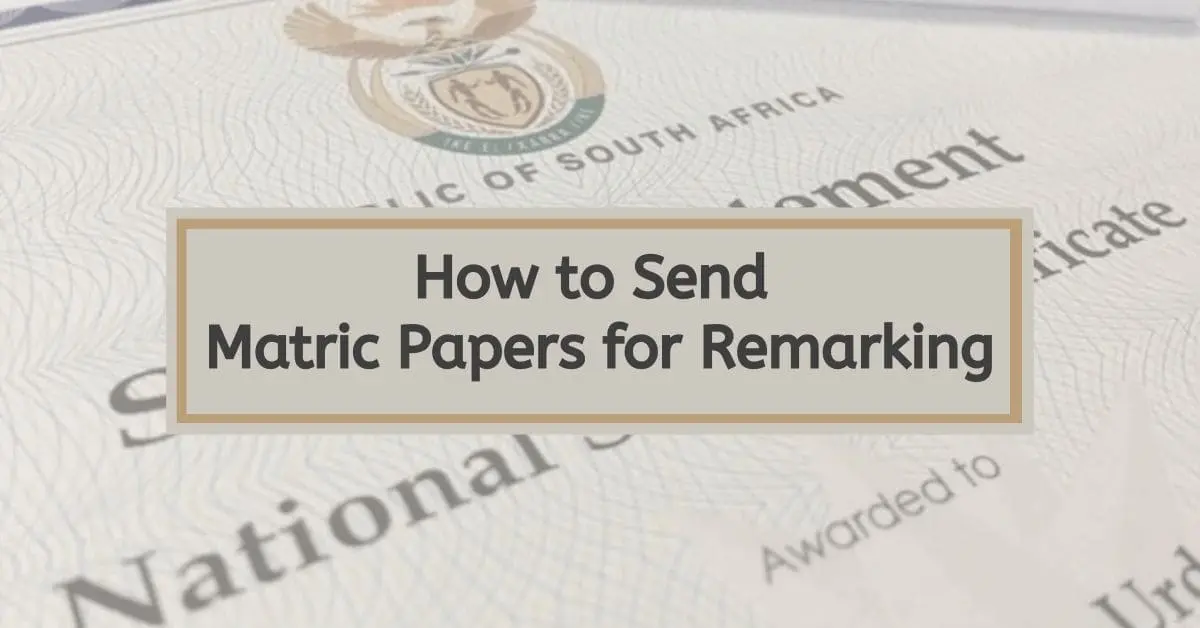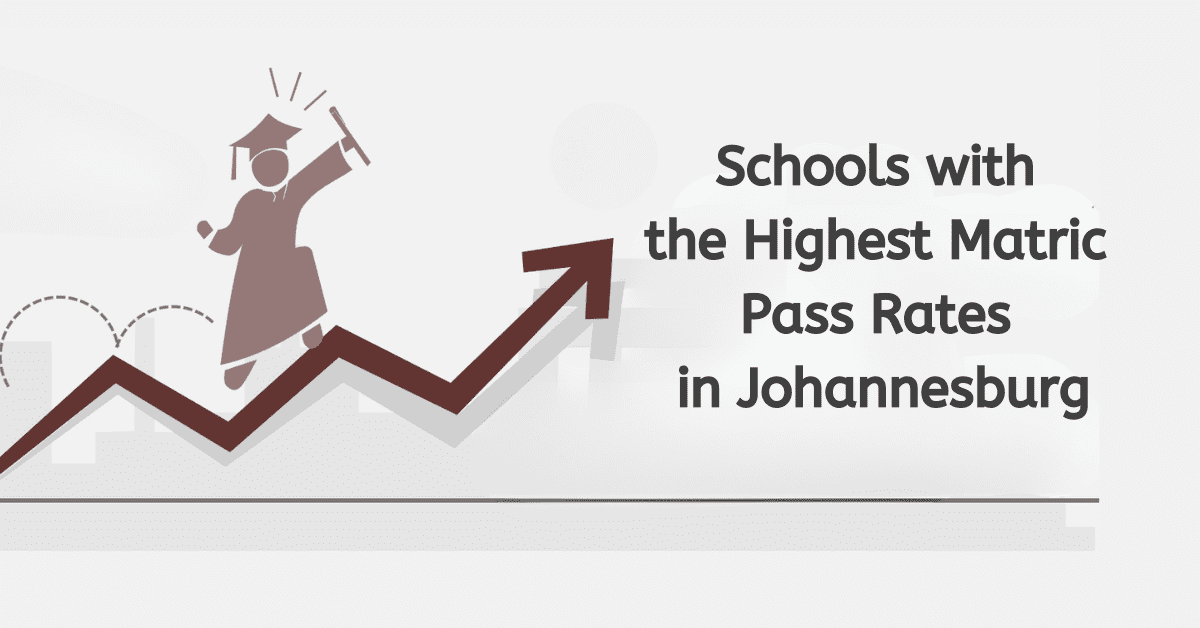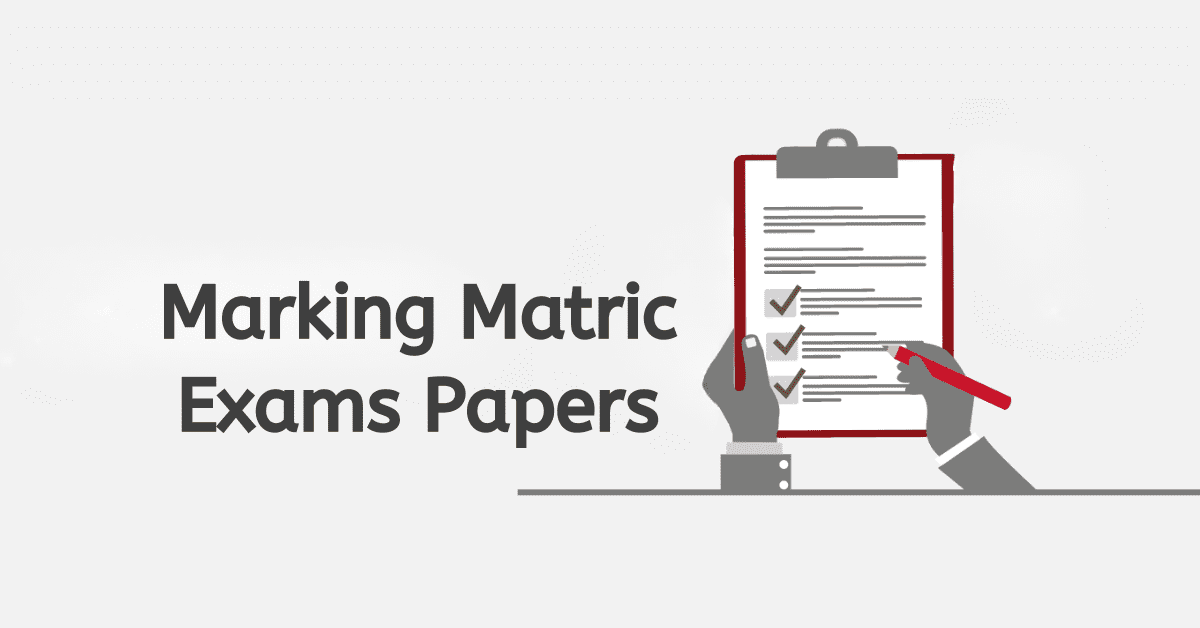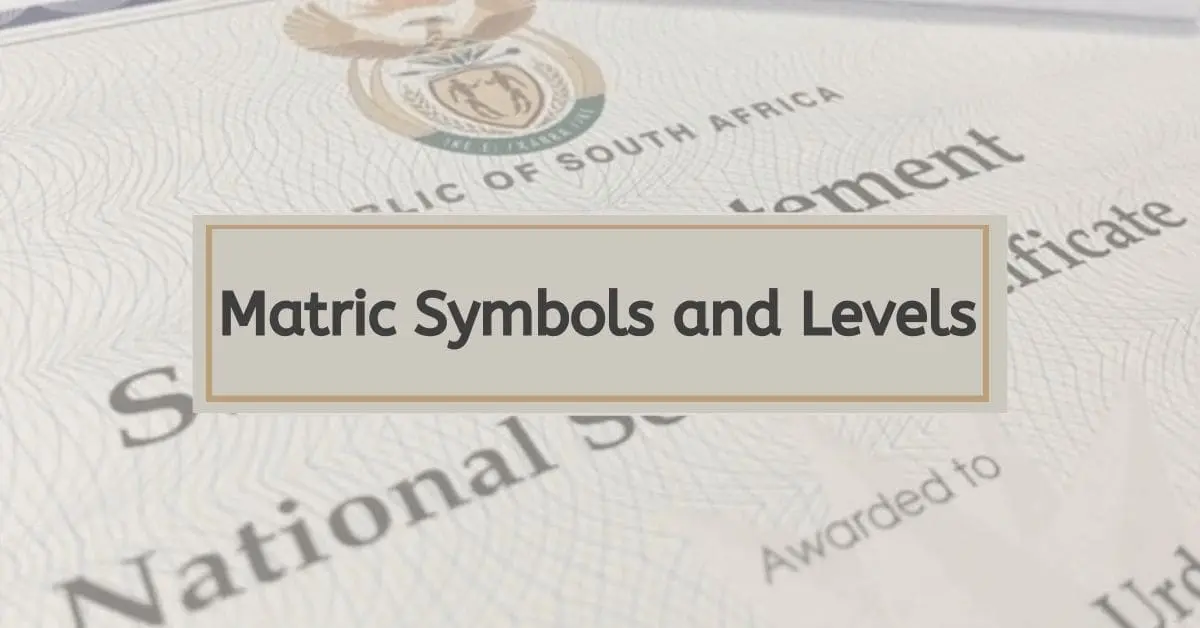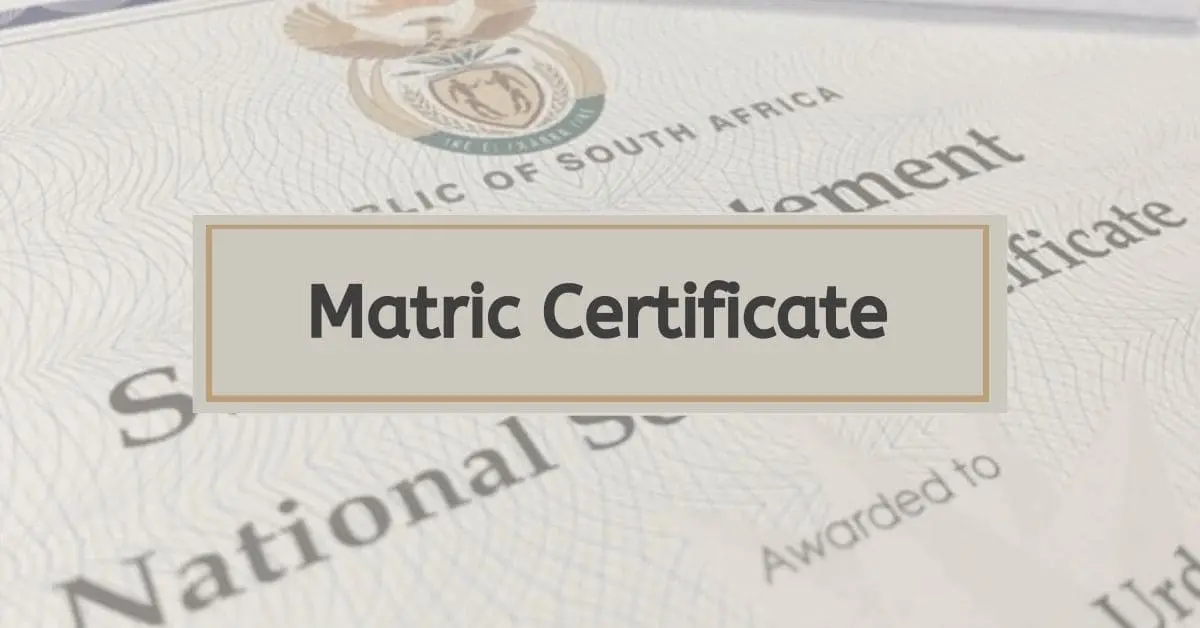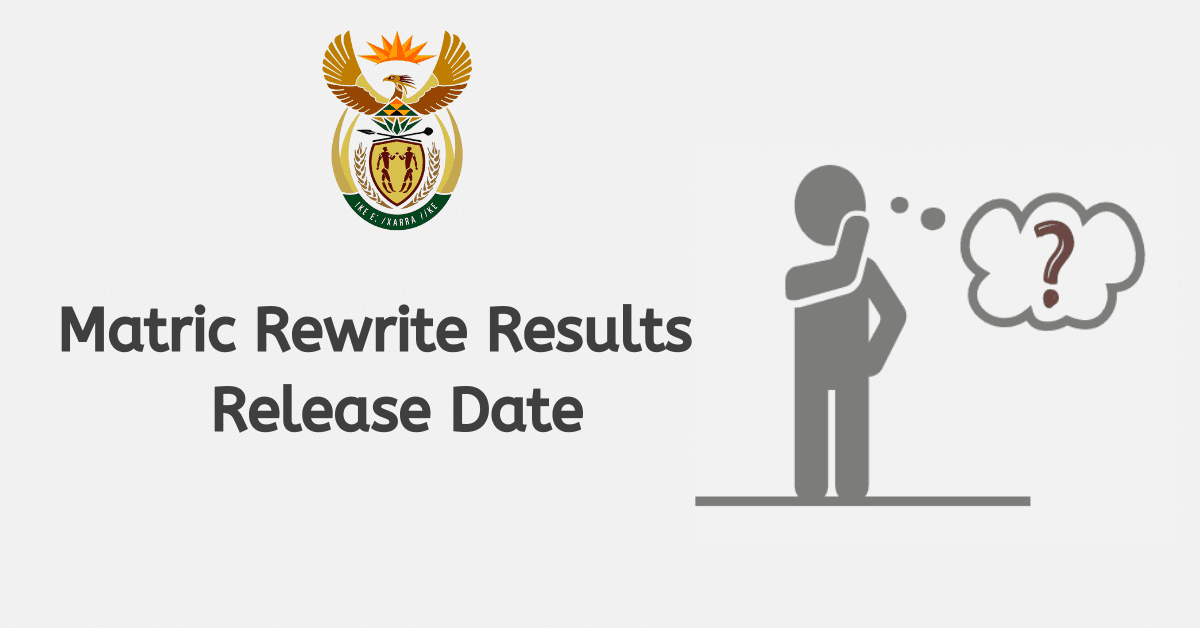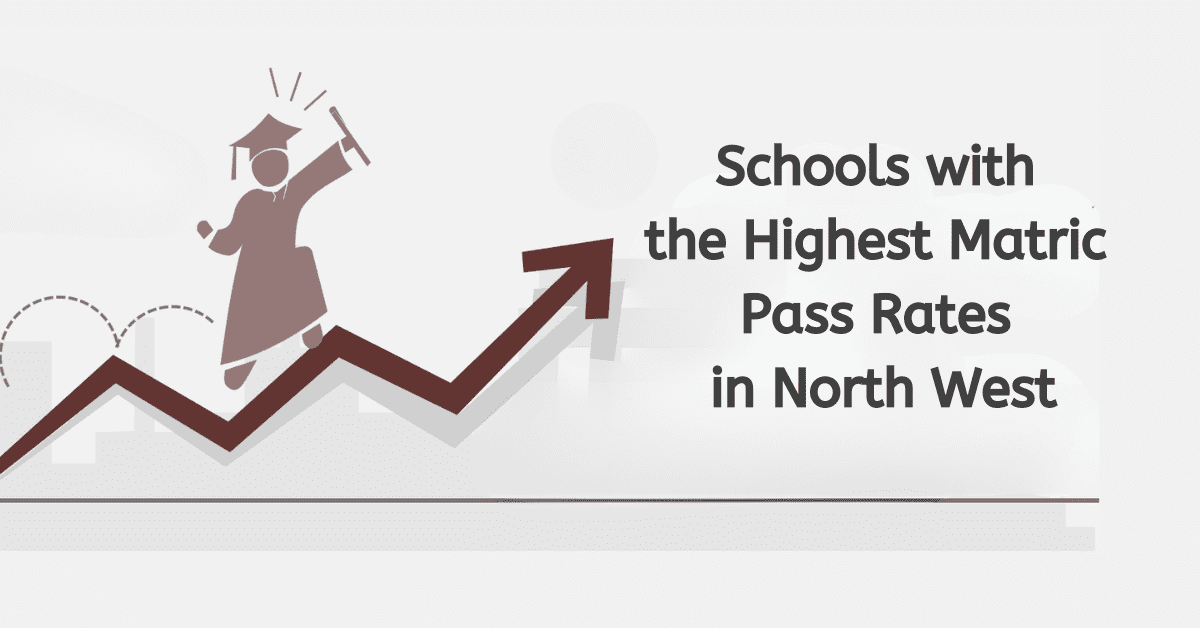Failing to pass your matric doesn’t mean the end of your academic goals! Luckily, while you should ensure you give your final matric exams your very best, there are options open to you if you fail or if you need to improve the grades you received in a subject. A cornerstone of this is what the Department of Basic Education refers to as ‘Second Chance Matric’ programs, which let both school leavers and adults achieve a matric qualification or upgrade the one they do have. Let’s find out more.
Who Qualifies For Matric Second Chance?
If you have failed to leave school with a satisfactory matric result or failed entirely, you will qualify for the Second Chance Matric program. However, it is important to realize there are three categories of learning all addressed under this banner:
- Recent Grade 12 learners who failed outright by failing 2 or more subjects.
- Learners who need to improve their subject marks even if they managed a pass.
- Adult learners over the age of 21 who left school with no matric or poor results who now want to improve them or achieve a matric.
Depending on which category you fall into, your options and the specific terms used to refer to them will change. However, at the end of the day, the important thing to know is no matter your age, you will be given chances by the Government to achieve and improve your matric marks. The terminology only matters to help you find the right way to do it for your needs.
How To Register For Second Chance Matric?
No matter the type of Second Chance Matric learner you are, you will register to write your matric again through the Department of Basic Education’s Online Portal. Registration for the exam session is free. However, exams are not written throughout the year, and you will have to apply with specific exam sessions in mind. The Department offers the following:
- March: Supplementary Exams for learners who attended all their subjects but need to rewrite a paper from the previous year’s matric session.
- May/June: ‘Progressed’ Learners, or learners who wrote their NSC in the previous year but didn’t take all subjects
- November: A secondary session for part-time learners or those who need more time to rewrite subject failures or need to split subjects over two exam sessions.
For most Second Chance Matric learners, the most important session is the May/June exams each year. You can chat with the department or your educational facility to properly decide which is for you.
How Many Times Can You Do Matric?
In theory, there is no limit to the amount of times you can rewrite matric. You can register for the Second Chance Matric sessions as many times as you need to achieve the results you desire. However, you will move away from being a rewriting learner to being an adult matric candidate when you will be 21 on the dates you sit the exam session.
Additionally, it is foolish to rely on endless rewrites to achieve an academic goal. Ideally, you should only aim for one or perhaps two rewrite sessions to finalize your marks. Remember that there will be educational, time, and opportunity costs every time you have to enter the examination system again. It is more important to sit down after a failure, work out what went wrong, and address it so you can achieve your matric timeously than to pointlessly try the same things over and over again with no plan or effort.
How Much Does Matric Rewrite Cost?
Registering for the Second Chance Matric Rewrite with the Department is free. Additionally, the Department offers some Second Chance learning programs free at learning centers and through broadcast TV and radio that might help you achieve your goal without many costs, area dependant.
However, that does not mean there will be no cost to your educational goals. Most learners will not have the means to simply pitch up at the exam session and pass, and auxiliary classes with the Department may not give you the in-depth educational guidance you need! Especially if you are using a matric rewrite because of previous failures and are not a naturally academic student. You will need access to textbooks, tutorial matter, and past papers to help you learn the subject material better. You may also be the type of learner who requires a structured program and face-to-face or online lectures to motivate you and help you stay the course. While these are available through a variety of vocational training institutes, colleges, and even some universities, they will be paid programs.
What Is The Difference Between Matric Rewrite and Supplementary?
The terms ‘matric rewrite’ and ‘supplementary exam’ are used as synonyms, although this is not correct, so be careful. Strictly speaking, if you fail a subject or your matric and want to rewrite the papers, you will use the supplementary exam session to do so. You cannot change subjects in these cases; only rewrite the ones you first chose for your matric. This is why you will see ‘matric rewrite’ and ‘supplementary exams’ used as the same thing. This is the only option available to learners under 21 at the time the exams are written.
However, strictly speaking, a matric rewrite or matric upgrade is the adult matric program you can enter if you will be 21 when you sit the exams. Here you can choose new subjects (although compulsory subjects remain), take an entirely new matric (‘rewrite your matric’), and even have the two sets of results combined for a matric upgrade. However, most people will not use the term ‘matric rewrite’ in this manner and usually mean it as a synonym for taking the supplementary exam.
With a better understanding of the Second Chance Matric (SCM) program, we hope you feel more confident about your academic goals.
